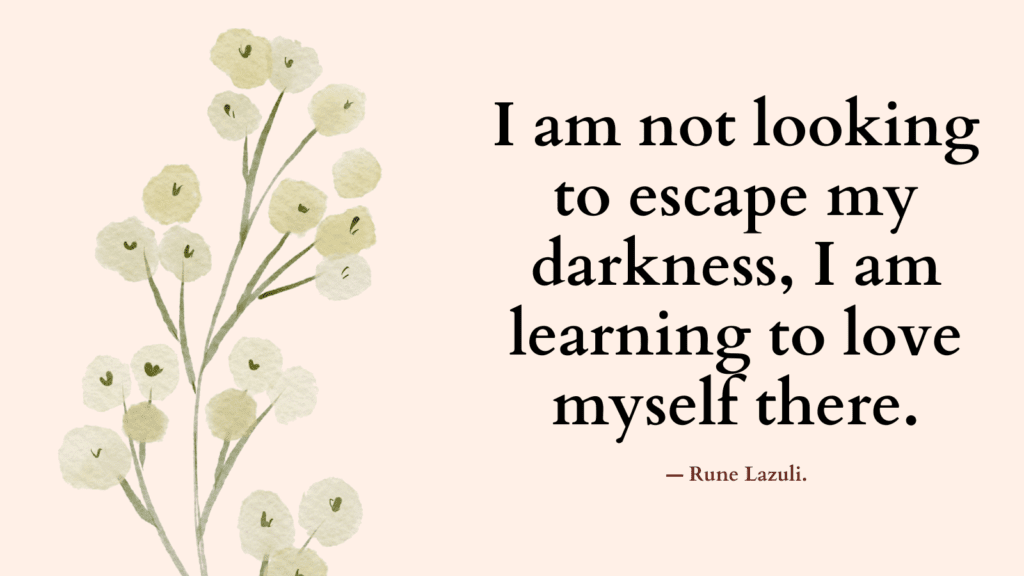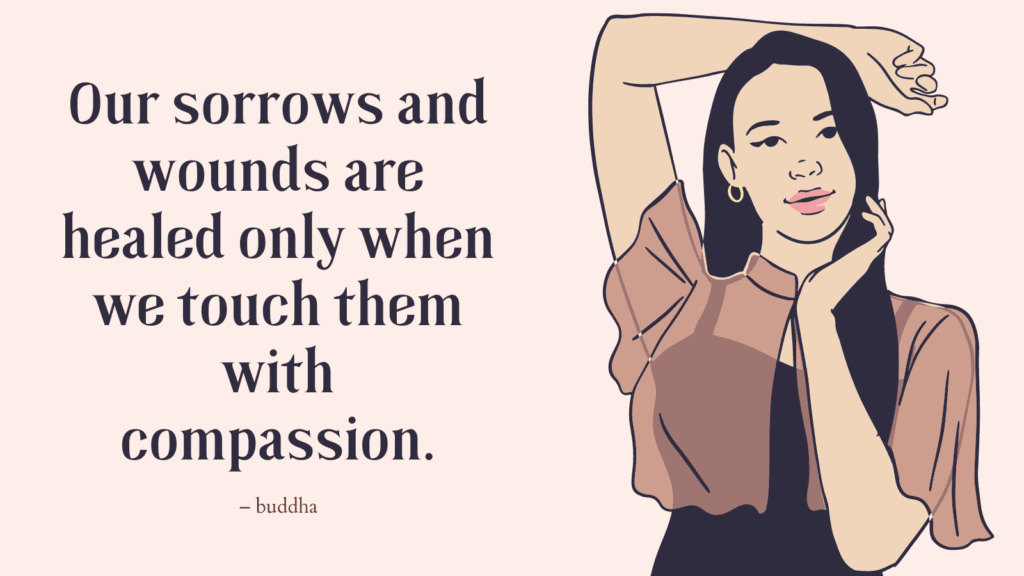This post contains “abandonment issues quiz” to help you become aware of any abandonment issues you may have.
What Is Abandonment?
Abandonment is the loss of love and connectedness.
It may involve betrayal, breakup, divorce, death, etc.
Abandonment can be experienced all at once or over a period of months. It can also be experience years later as an aftershock.
Abandonment often leads to self-sabotage, preventing us from forming relationships and reaching our true potential.
What Does Abandonment Feel Like?
People experience abandonment differently.
For some it is fear.
For others it is lingering grief.
Forms of Abandonment
Abandonment can take many forms:
- A feeling of isolation within a relationship
- An intense feeling of devastation when a relationship ends
- A primal fear
- An aloneness not by choice
Abandonment Issues
Abandonment issues don’t just develop because of childhood trauma.
They can also develop after losing an intimate partner to divorce or death.
People with abandonment issues often struggle with an anxious attachment style and people-pleasing behaviors.
Related: Self-Abandonment: What Is It & How To Get Back In Touch With Yourself
Abandonment Issues Quiz: Do I Have Abandonment Issues?
Results
#1. Do you tend to give/help too much?
#2. Are you often overly eager to please others?
#3. Do you tend to feel insecure in your relationships?
#4. Do you need to control or be controlled by your partner?
#5. Do you sometimes push people away to avoid rejection?
#6. Do you often need continual reassurance that others love you and won’t leave?
#7. Do you tend to move quickly from one relationship to another?
#8. Do your relationships lack emotional intimacy?
#9. Do you tend to tolerate poor treatment and settle in unhealthy relationships?
This quiz is for informational purposes only. It is not meant as a diagnostic or assessment tool.
Results
The questions above represent common signs of abandonment issues. If you answered yes to most of these questions, then you may have abandonment issues.
Related: How To Heal Abandonment Issues? Top 15 Powerful Strategies For Fear of Abandonment Healing

Challenging Abandonment Negative Beliefs
Abandonment issues can lead to negative beliefs and feelings.
Some examples of negative beliefs associated with abandonment issues may include:
- “I am not worthy of love and will always be left alone.”
- “People will eventually leave me, no matter how much they claim to care.”
- “If someone chooses to spend time away from me, it must mean I have done something wrong.”
- “I cannot trust others because they will only let me down and disappear.”
- “I am not deserving of attention or affection from others.”
- “Relationships are temporary, and it’s just a matter of time before I’m abandoned again.”
- “I need to constantly seek validation and reassurance to avoid feeling abandoned.”
- “I am responsible for the abandonment I have experienced in the past.”
- “I will never truly feel secure in any relationship.”
- “I am destined to repeat the cycle of being abandoned over and over again.”
Work on identifying your own negative beliefs that may be fueling your abandonment issues and challenge them.
The following prompts may help:
- What evidence do you have to support this negative belief?
- Have you considered alternative explanations or perspectives that challenge this belief?
- Is there a situation where this negative belief might not hold true?
- Have you encountered any instances that contradict this negative belief?
- What would happen if you chose to believe the opposite of this negative belief?
- Can you think of any positive experiences or moments that challenge this negative belief?
- How would your life change if you let go of this negative belief?
Conclusion
Remember, healing takes time, and progress may come in small steps. Be patient and kind to yourself throughout the process.
References
- Quality of Social Relationships and the Development of Depression in Parentally-Bereaved Youth – PMC (nih.gov)
- Abandonment issues: Signs, symptoms, treatment, and more (medicalnewstoday.com)
- Fear of Abandonment Issues and Therapy Treatment (goodtherapy.org)
- Abandonment Issues: Signs, Causes & How to Overcome (choosingtherapy.com)








Comments are closed.